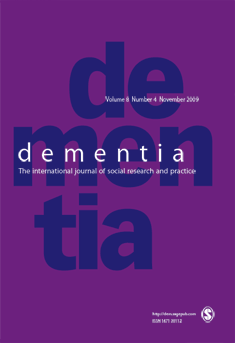Journée d’étude – Démographie et économie de la santé
Jeudi 07 avril 2011 | Paris (75003)
Comme tous les ans, le Collège des économistes de la santé (CES) organise, avant son assemblée générale annuelle, une conférence pluridisciplinaire. La conférence « démographie et économie de la santé » se tiendra le jeudi 7 avril 2011 à partir de 14 h au CNAM.
Programme de la journée
13H30 ACCUEIL DES PARTICIPANTS
14h EVOLUTIONS DÉMOGRAPHIQUES ET ÉCONOMIQUES
Aline DESESQUELLES, Démographe, INED
Didier BLANCHET, Chef du département des études économiques d’ensemble, INSEE
15h REGARDS CROISÉS SUR LE VIEILLISSEMENT
Brigitte DORMONT, Professeure de sciences économiques, LEGOS, Chaire Santé de la Fondation du Risque, Université Paris Dauphine.
Emmanuelle CAMBOIS, Démographe, Institut National d’Etudes Démographiques
16h00 – 16h15 : pause café
16h15 DÉMOGRAPHIE MÉDICALE
Bruno VENTELOU, Economiste, Chargé de recherche, INSERM U912 – CNRS Greqam/IDEP
en attente, DREES
17h15 FIN DE LA CONFERENCE ET COCKTAIL
17H45 ASSEMBLÉE GÉNÉRALE DU COLLÈGE DES ÉCONOMISTES DE LA SANTÉ
Lieu
Paris (75003) (292 rue Saint-Martin (Conservatoire national des arts et métiers))
Contact
Thomas Barnay
courriel : th.barnay [tiret] ces (at) orange [point] fr


